Uncategorized
-
 Animals
AnimalsA protein in mosquito eggshells could be the insects’ Achilles’ heel
A newly discovered protein found exclusively in mosquitoes may one day help control their numbers.
-
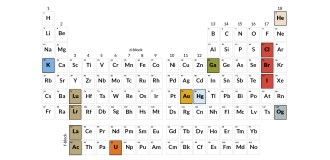 Chemistry
Chemistry150 years on, the periodic table has more stories than it has elements
The organized rows and columns of the Periodic Table hide a rich and twisting history.
-
 Chemistry
ChemistryHow the periodic table went from a sketch to an enduring masterpiece
150 years ago, Russian chemist Dmitrii Mendeleev created the periodic table of the elements, revolutionizing chemistry.
-
 Science & Society
Science & SocietyThe periodic table remains essential after 150 years
Editor in Chief Nancy Shute reflects on the 150th anniversary of the invention of the periodic table by Dmitrii Mendeleev.
By Nancy Shute -
 Particle Physics
Particle PhysicsReaders ask about electrons’ roundness, a science board game and more
Readers had questions about electrons’ roundness, a camera that measures light intensity in decibels and more.
-
 Physics
PhysicsA weird type of zirconium soaks up neutrons like a sponge
Zirconium-88 captures neutrons with extreme efficiency, and scientists don’t yet know why.
-
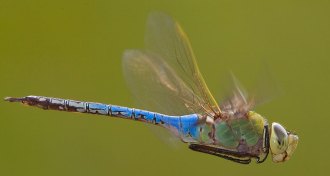 Animals
AnimalsGreen darner dragonflies migrate a bit like monarch butterflies
Some dragonflies do a north-south annual migration that takes at least three generations.
By Susan Milius -
 Quantum Physics
Quantum Physics‘Beyond Weird’ and ‘What Is Real?’ try to make sense of quantum weirdness
The books ‘Beyond Weird’ and ‘What is Real?’ have different perspectives on what quantum physics says about reality.
-
 Environment
Environment4 ways to tackle ocean trash besides Ocean Cleanup’s broken system
Here are three approaches to reducing ocean pollution that might be more effective than a controversial plan to fish trash out of the Pacific.
-
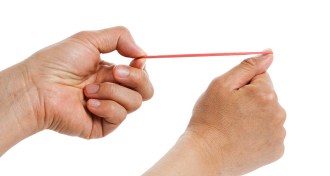 Physics
PhysicsHigh-speed video reveals physics tricks for shooting a rubber band
To fire a rubber band flawlessly, use a wide band and don’t pull too hard, physicists suggest.
-
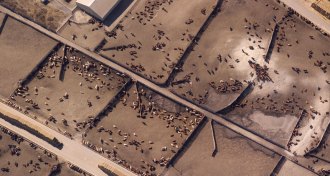 Environment
EnvironmentSatellites make mapping hot spots of ammonia pollution easier
There’s a more accurate way to estimate ammonia emissions.
-
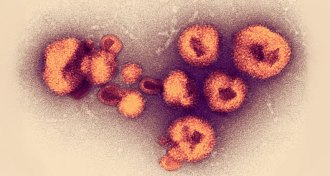 Health & Medicine
Health & MedicineDNA tests of Lassa virus mid-outbreak helped Nigeria target its response
New technology for analyzing genetic data quickly in the field guided how Nigeria dealt with an outbreak of Lassa fever in 2018.